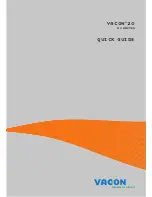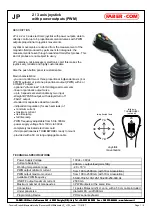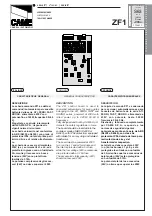
USB on-the-go high-speed (OTG_HS)
RM0090
1388/1731
DocID018909 Rev 11
wide, and the addresses are 32-bit block aligned. The OTG_HS registers must be accessed
by words (32 bits). CSRs are classified as follows:
•
Core global registers
•
Host-mode registers
•
Host global registers
•
Host port CSRs
•
Host channel-specific registers
•
Device-mode registers
•
Device global registers
•
Device endpoint-specific registers
•
Power and clock-gating registers
•
Data FIFO (DFIFO) access registers
Only the Core global, Power and clock-gating, Data FIFO access, and host port control and
status registers can be accessed in both host and peripheral modes. When the OTG_HS
controller is operating in one mode, either peripheral or host, the application must not
access registers from the other mode. If an illegal access occurs, a mode mismatch
interrupt is generated and reflected in the Core interrupt register (MMIS bit in the
OTG_HS_GINTSTS register). When the core switches from one mode to the other, the
registers in the new mode of operation must be reprogrammed as they would be after a
power-on reset.
35.12.1 CSR memory map
The host and peripheral mode registers occupy different addresses. All registers are
implemented in the AHB clock domain.
















































